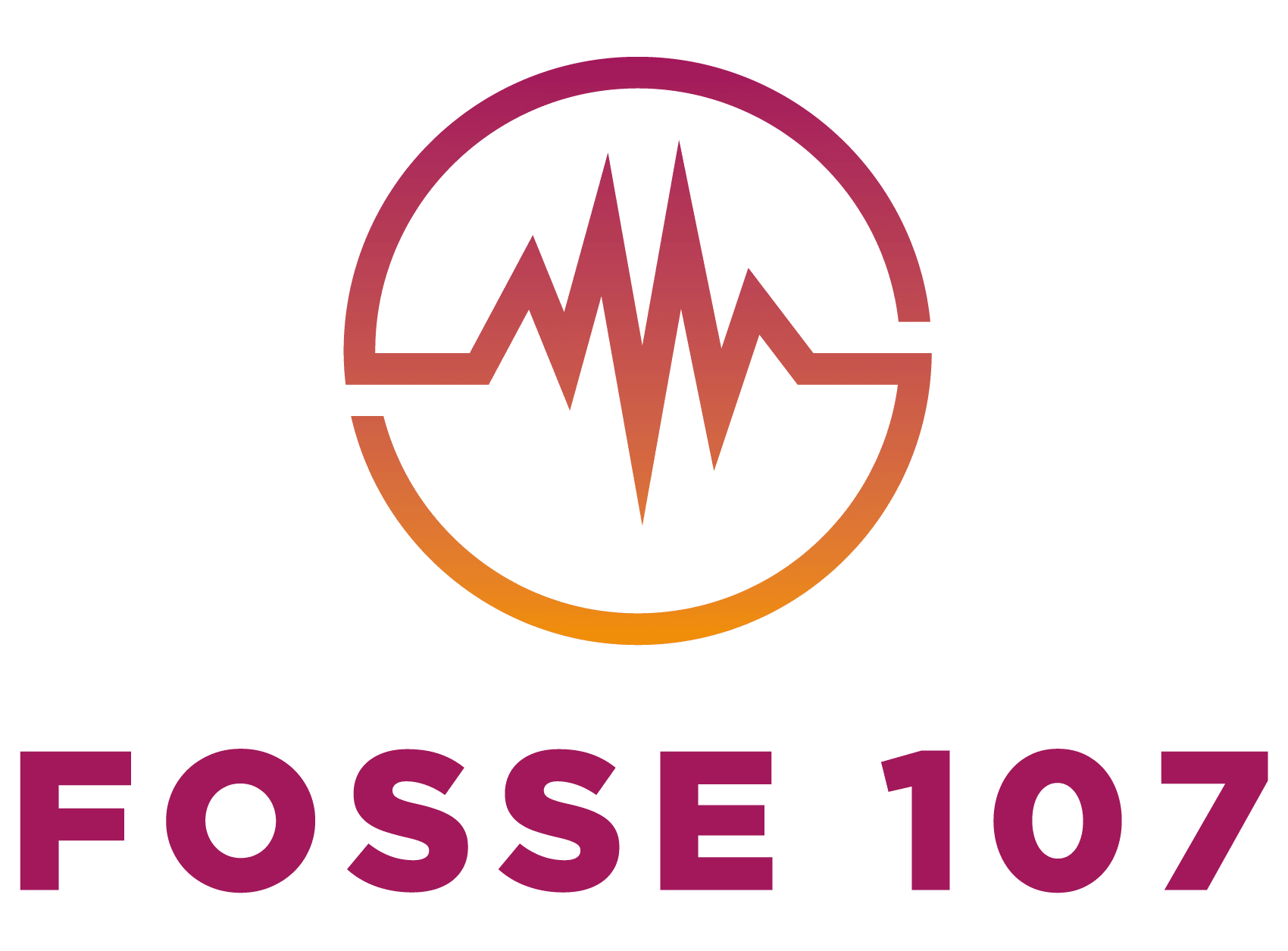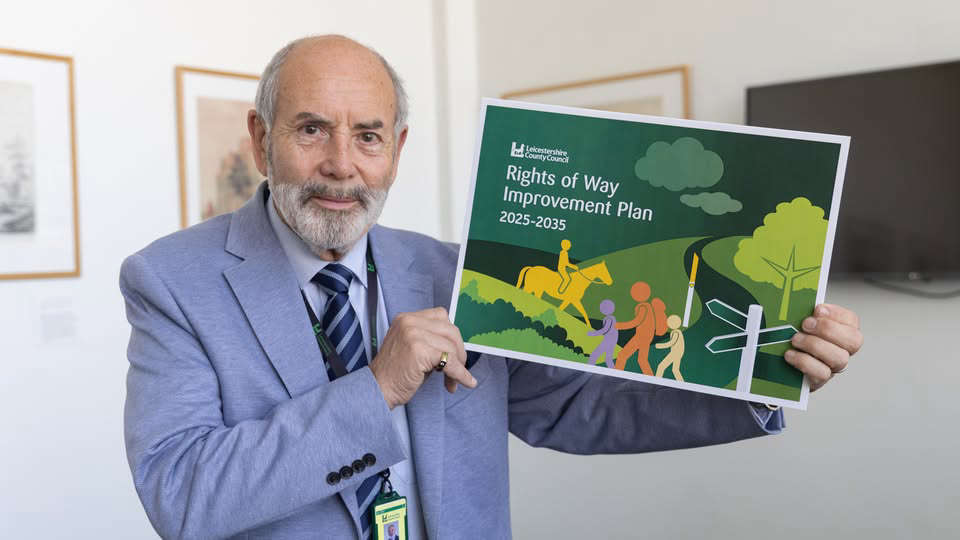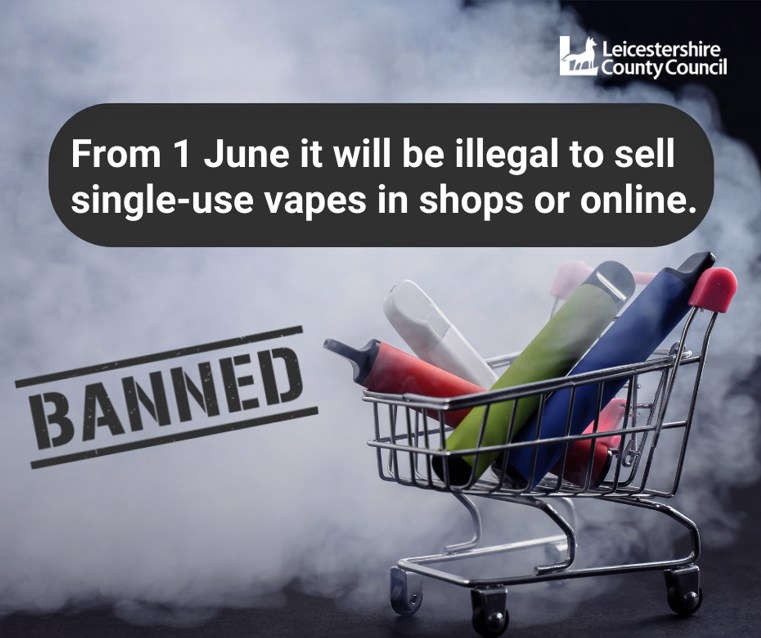
The local NHS says that around one in four women are affected by perinatal mental illness during pregnancy or within the first year after birth
This Maternal Mental Health Awareness Week, Leicestershire Partnership NHS Trust (LPT) is reminding all parents of babies and toddlers who are struggling with their mental health that help is available.
The local NHS says that around one in four women are affected by perinatal mental illness during pregnancy or within the first year after birth – and more than two-in-three (around 70%) will hide or underplay maternal mental health difficulties.
Tanya Hibbert, executive director of mental health services at Leicestershire Partnership NHS Trust, said: “Many new parents will find that having a baby impacts their emotional wellbeing and mental health. Although it is often a very special time, it can also be stressful and exhausting – and for some, it can have a significant impact on their mental wellbeing. If this is you, you’re not alone. Difficulties in this period are very common.
“Help is available if you need it. Getting support early can help you to recover more quickly and help you, your child and your family to live a happy, healthy life together.
“Please just start by reaching out to someone; a family member, friend, health visitor, midwife, obstetrician or speak to your GP.”
Signs of mental health issues to look out for in someone who is pregnant or has recently had a baby include:
- Feeling tearful, anxious or low for more than two weeks
- Feeling much more irritable or angry than usual
- Feeling hopeless, as though things will not get better
- Significant changes to your appetite, such as eating more for comfort or forgetting to eat
- A loss of enjoyment or interest in anything
- Avoiding other people
- Struggling to bond with your baby
- Feelings of inadequacy/incompetency as a parent
- Negative intrusive thoughts
- Frequent crying for no obvious reason
- Constantly worrying or feeling anxious; you might notice a racing pulse, thumping heart, breathlessness or sweating
- Thoughts or acts of self-harm
- Feeling confused or paranoid that something bad will happen
- Experiencing hallucinations.
Tanya said: “Please know that you are not alone and there are people ready to help you. Feeling mentally unwell or seeking help does not mean, you are a bad parent or unable to care for your baby, or that you’ll forced to take medication, or that you’re never going to feel better again. Our professionals are very experienced, compassionate and have seen and helped many people who have struggled and then have gone on to get better.”
The ChatHealth service operates Monday to Friday between 9am and 5pm, excluding bank holidays. All texts will be responded to by a public health nurse (health visitor) within 24 hours. Outside of the service working hours, you’ll receive a message back to inform you that your text will be responded to once the line reopens.
Leicester City: text 07520 615 381
Leicestershire and Rutland: text 07520 615 382
The Healthy Together Helpline can be reached by calling 0300 300 3001. Calls are answered from 9am – 4.30pm on weekdays, excluding bank holidays.
Please note that neither are crisis services.
Anyone needing immediate help with their mental health living in Leicester, Leicestershire and Rutland can call the Mental Health Central Access Point, open 24 hours a day, seven days a week, on 0808 800 3302 or by calling NHS 111 for physical, medical and mental health issues.


 Four in hospital after car hits pedestrians
Four in hospital after car hits pedestrians
 Rights of Way Improvement Plan 2025-2035
Rights of Way Improvement Plan 2025-2035
 Garden Bin Subscriptions
Garden Bin Subscriptions
 Single use vapes ban from 1st June 2025
Single use vapes ban from 1st June 2025
 Pilot launched to help Coalville residents check lung cancer symptoms
Pilot launched to help Coalville residents check lung cancer symptoms
 Nominations open for annual Charnwood Community Heroes awards
Nominations open for annual Charnwood Community Heroes awards
 Loughborough Sea Cadets launch a new state-of-the-art ship simulator
Loughborough Sea Cadets launch a new state-of-the-art ship simulator








